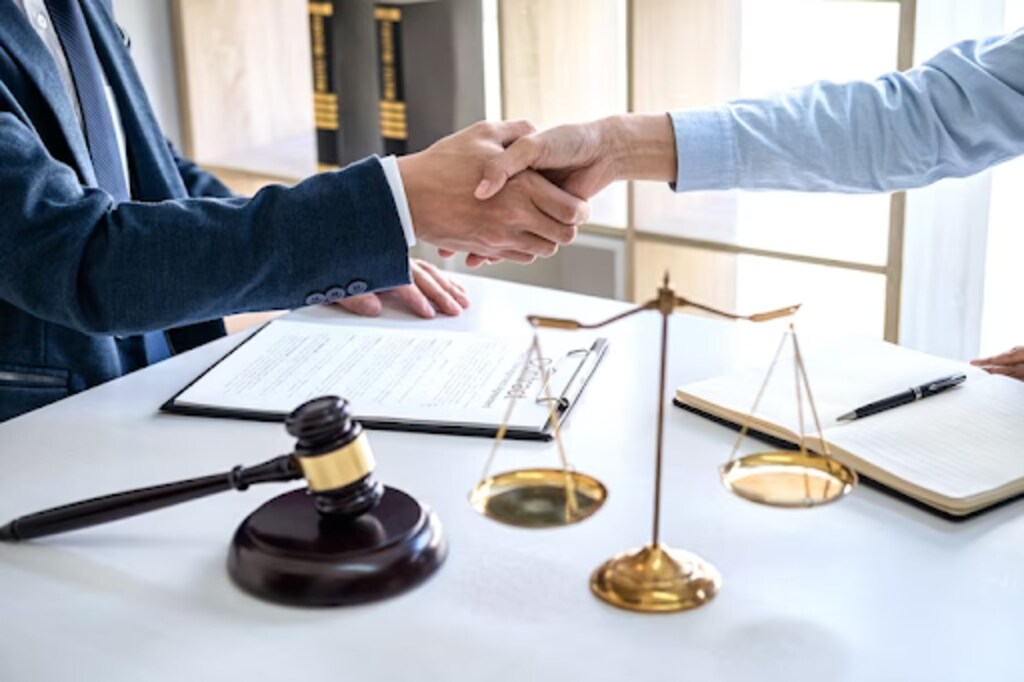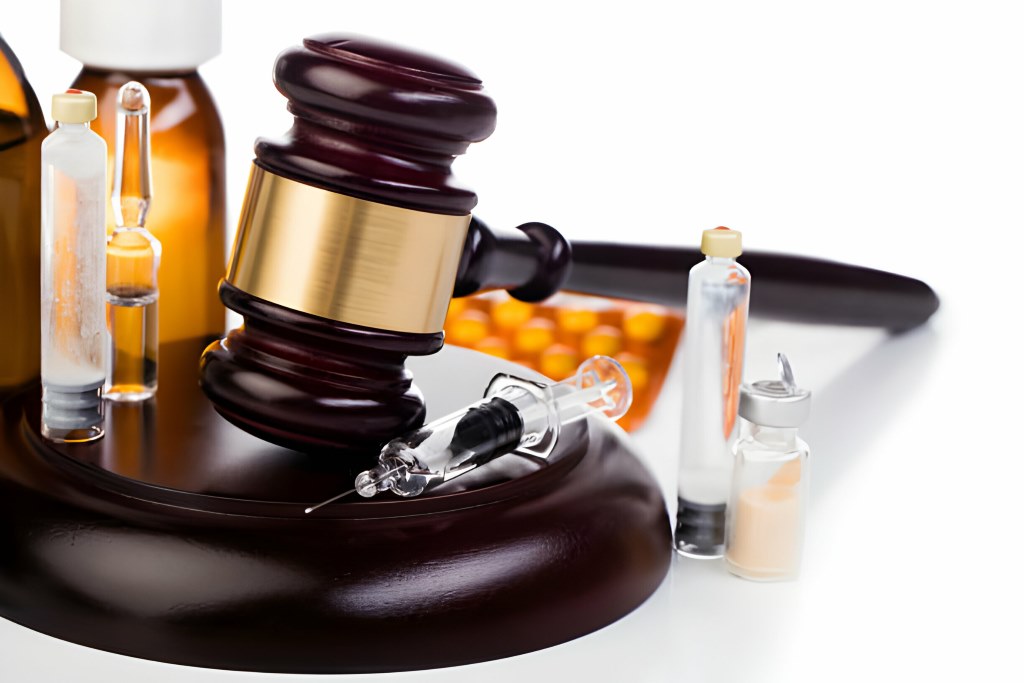In today’s era of media and instant communication, our reputations are more vulnerable than ever. The rapid spread of accusations and malicious statements can cause damage to both our personal and professional lives.
Defamation is a problem that affects individuals making it crucial to understand how to safeguard our reputation when faced with such allegations. This guide, written by defamation lawyers with expertise in the field aims to empower individuals by providing an overview of how to combat false accusations and malicious statements.
Understanding Defamation
Before diving into strategies for combating defamation it is important to have an understanding of what defamation entails and how it can impact ones life. Defamation refers to the dissemination of statements about an individual that harm their reputation.
These statements can take the form of written (libel) or spoken (slander) words. They must meet legal criteria in order to be considered defamatory. The key elements of defamation include:
1. False Statement
A defamatory statement must be proven false since truth serves as a defense against defamation claims. If a statement is true it cannot be considered defamatory.
2. Publication
The false statement must be communicated or shared with a party; simply keeping the statement private does not satisfy this requirement.
3. Harm to Reputation
To successfully fight against defamation it’s important to establish criteria. One of these criteria is that the false statement made about someone must cause harm to their reputation whether it’s financial, emotional or professional.
There are two factors to consider; negligence and intent. In some cases the person making the statement must have acted negligently or with the intention to harm. Understanding these elements is crucial when dealing with defamation. Its often recommended to consult with a defamation lawyer as a step, in this process.
Consultation with a Defamation Lawyer
If you find yourself being targeted by accusations or malicious statements seeking advice from a defamation lawyer is essential. These legal professionals specialize in handling defamation cases. Professionals like Advokat Danielsen & Co. offer expert guidance on safeguarding your reputation and pursuing remedies. During the consultation with a defamation lawyer they will perform the following:

1. Evaluate Your Case Strength
The lawyer will assess whether your case meets the criteria for defamation and help you understand if you have a claim.
2. Discuss Potential Remedies
Depending on the circumstances surrounding your case a defamation lawyer will explain the remedies to you. This may include filing a lawsuit sending a cease and desist letter or exploring options, for an out of court settlement.
3. Discuss Legal Costs
Let’s discuss the costs involved in dealing with a defamation case. When you consult with a lawyer they will provide you with an estimate of the expenses associated with pursuing action. This information is crucial, for making decisions about how to proceed.
4. Review Evidence
Next it’s important to gather and review evidence of the statements made against you. How they have impacted your life. A skilled defamation lawyer will assist you in collecting and organizing all the evidence to support your case.
5. Explain the Legal Process
Additionally your defamation lawyer will explain the process to you in detail. They are well versed in the procedures and timelines involved in defamation cases ensuring that you understand what to expect every step of the way.
Strategies for Fighting Defamation
Once you’ve consulted with a defamation lawyer and decided to move with a case there are strategies that can be employed to fight against false accusations and malicious statements:
1. Preserve Evidence
Preserving evidence is crucial for building a defamation case. This may involve keeping screenshots of social media posts emails, text messages or any other communication containing statements. It’s also important to document any instances where your reputation has been harmed, such as lost job opportunities or damage to relationships.
2. Send a Cease and Desist Letter
In some situations sending a cease and desist letter, from your defamation lawyer can be an step. This letter is a request, for the person spreading information to stop their defamatory actions. It serves as a warning that you’re ready to take measures if the false statements persist. This approach aims to resolve the matter without resorting to litigation.
3. Consider Filing a Defamation Lawsuit
If sending a cease and desist letter doesn’t resolve the issue. If the false statements continue you might need to initiate a defamation lawsuit.
Your lawyer will guide you through the process, which usually involves preparing and filing a complaint engaging in discovery and potentially going to trial. Defamation lawsuits can be intricate so having an experienced attorney by your side is crucial.
4. Seek Retraction or Apology
In situations it could be advantageous to seek a retraction or public apology from the individual for making false statements. Your attorney can negotiate on your behalf. If successful this can be a way of resolving the matter while safeguarding your reputation.
5. Pursue Compensation
If you prevail in a defamation lawsuit you may be entitled to receive compensation for damages suffered. This may include damages, for harm caused to your reputation distress endured and financial losses incurred. In some cases punitive damages may also be awarded as a means of punishing the defamer for their intent.
Defenses Against Defamation Claims
To protect yourself from defamation claims it is crucial to be aware of the defenses that’re available. While truth is the defense, against claims there are other strategies that may be applicable depending on the situation. Here are some common defenses:

1. Expressing Opinion
Statements that are purely opinions and can reasonably be interpreted as such than statements of fact are typically protected by law. May not be considered defamatory.
2. Qualified Privilege
This defense applies in situations where a person is legally obligated or permitted to make a statement that might otherwise be seen as defamatory. For example statements made during proceedings or by employers providing references may enjoy protection under privilege.
3. Fair Comment
The fair comment defense allows individuals to express their opinions on matters of interest or concern. However this defense does not apply if the statement is made with intent.
4. Consent
If you can demonstrate that the subject of your statement gave consent for its publication it can serve as a defense, against defamation claims.
The Impact of Defamation on Your Life
The consequences of defamation can significantly impact all aspects of your life. The negative consequences that arise from accusations and harmful statements can have a lasting impact, on individuals. Lets explore some of the ways in which defamation can affect you:
1. Reputation damage
One of the apparent effects of defamation is the harm it causes to your reputation. This can detrimentally affect relationships, career opportunities and social standing.
2. Emotional distress
Being targeted with accusations and malicious statements can result in emotional distress. It is crucial to acknowledge the toll that defamation takes, as it may lead to anxiety, depression and other mental health challenges.
3. Financial implications
Defamation can also have consequences. It may result in missed job prospects tarnish your reputation and lead to losses.
4. Strained relationships
It has the potential to strain both professional relationships since friends family members and colleagues may be influenced by these statements. Rebuilding these connections can prove challenging.
5. Impact on opportunities
A damaged reputation due to defamation can impact opportunities such, as employment or education prospects. Employers and educational institutions often take an individuals reputation into account when making decisions.
The Role of Social Media
In today’s era social media plays a role in the dissemination of false accusations and harmful statements. The speed and wide reach of platforms can greatly amplify the harm caused by defamation.
It is important to understand that each social media platform has its policies and procedures, for addressing content so it’s crucial to be familiar with these guidelines.
1. Take Action
Most social media platforms provide tools for reporting content. Make sure you are aware of these reporting mechanisms. Utilize them when necessary.
2. Consult a Legal Professional
If false statements are being spread through media it is advisable to seek guidance from a defamation lawyer to determine the most appropriate course of action. They can offer advice on whether legal remedies should be pursued or if engaging with the platform directly to remove the content would be more effective.
3. Monitor Your Online Presence
Regularly keeping an eye on your presence will help you quickly identify and address any content that may arise.
4. Safeguard Your Privacy
Exercise caution when sharing information online and ensure that your privacy settings are properly configured to prevent harm.

Understanding Jurisdictional Differences in Defamation Laws
It is crucial to note that laws regarding defamation vary across jurisdictions. What may be considered defamatory in one place might not hold true in another.
Therefore it is vital to consult with a defamation lawyer who understands the laws applicable, in your jurisdiction. They can offer advice to help you safeguard your reputation effectively and, within boundaries.
Conclusion
When faced with defamation it is crucial to seek counsel. Empower yourself by consulting a defamation lawyer who can assess your situation provide guidance on the actions to take and assist you throughout the legal process.
Whether it involves sending a cease and desist letter pursuing negotiations for a retraction or apology or even initiating a lawsuit the ultimate aim is to protect your reputation and seek remedies. Stay online make use of social media reporting tools and remember that with the right strategies and professional support you can reclaim control, over your reputation and move forward confidently.




